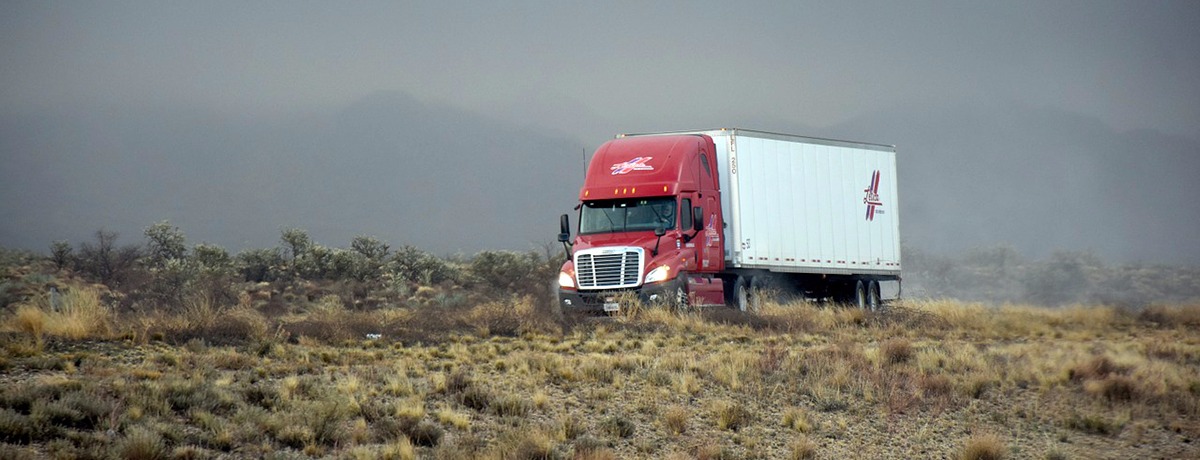The top three causes of truck crashes are rear end collisions, lane departures, and rollover accidents. A vicarious liability admission by the truck company on behalf of its driver's negligence is all well and good. However, it does not truly represent the best interests of the accident victims because it fails to provide real answers to the following burning questions:
- Why did this truck crash happen?
- Were the truck crash and loss to the victim(s) preventable?
- Can the truck company prevent future similar crashes?
The Federal Motor Carrier Safety Administration (FMCSA) defines the word "accident" as "an occurrence involving a commercial motor vehicle operating on a highway in interstate or intrastate commerce which results in: (I) A fatality; (ii) Bodily injury to a person who, as a result of the injury, immediately receives medical treatment away from the scene of the accident; or (iii) One or more motor vehicles incurring disabling damage as a result of the accident, requiring the motor vehicles to be transported away from the scene by a tow truck or other motor vehicle."
A truck company/motor carrier must maintain an "accident register" for three (3) years after the date of each accident. Information placed into the "accident register" must include the type of accident and the consequences that resulted. The FMCSA provides educational materials that introduce the concepts of "preventability analysis and accident countermeasures" to aid motor carriers in their effort toward safety management proactively reducing the number and severity of truck crashes. These materials assist motor carriers in analyzing their truck drivers' accidents to determine preventability and "to create strategies to keep similar accidents from happening in the future."
Practice Tip: Take time to explore the Federal Motor Carriers Safety Administration's website and materials available to help motor carriers improve safety within their fleet. Download or print a copy of "A Motor Carrier's Guide To Improving Highway Safety." The "Accident Countermeasures" section gives great guidance for training drivers to prevent accidents for all potential accident types: struck in the rear by another vehicle; accidents at intersections; striking another vehicle in rear; sideswipe and head-on collisions; backing accidents; accidents while passing, etc.
A Truck Company's Direct Negligence
An experienced truck accident attorney understands that in every trucking case a separate claim for negligent entrustment, hiring, training, supervision, retention, and vehicle maintenance must be alleged. More importantly, this attorney recognizes the importance of educating the judge that the truck company's direct negligence is a distinctly different liability claim than the vicarious liability / respondeat superior admission. Ohio judges must allow discovery into areas of negligence regarding the truck company's hiring, training, entrustment, supervision, and retention of the defendant truck driver.
Why should the additional discovery matter when liability is already admitted? The purpose is to expose the fact that a trucking company took unnecessary risks by not utilizing the safest available options for equipping their trucks with technology that supervises driving behavior and assists drivers with crash avoidance. The goal is to expose dangerous practices or unnecessary risks that have an effect on the motor carrier's entire fleet of drivers and trucks. This expands the liability exposure beyond the specific accident that is the focus of the litigation. It further allows a jury to determine and apportion fault between the truck company and the truck driver. An act or omission by the truck company likely was a contributing factor for the subject truck and driver failing to either stop in time, maintain his or her lane of travel, or keep the vehicle upright.
































